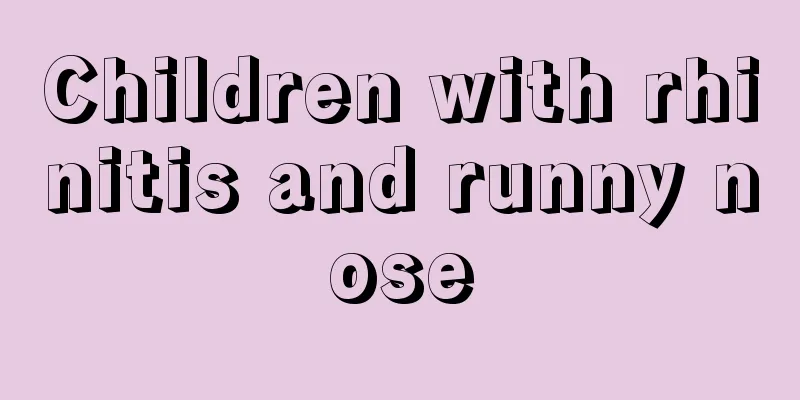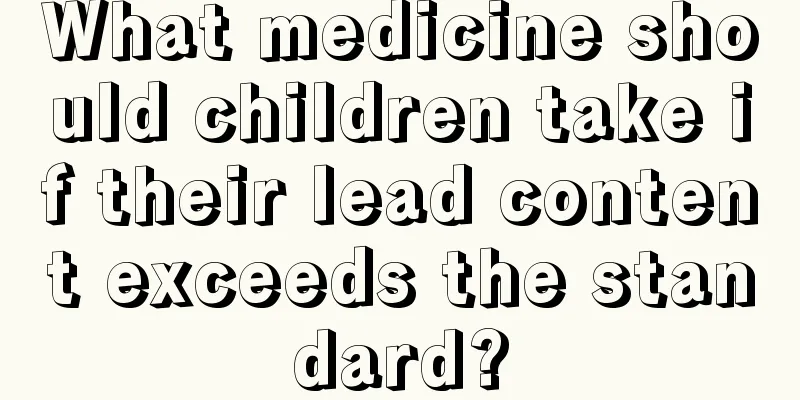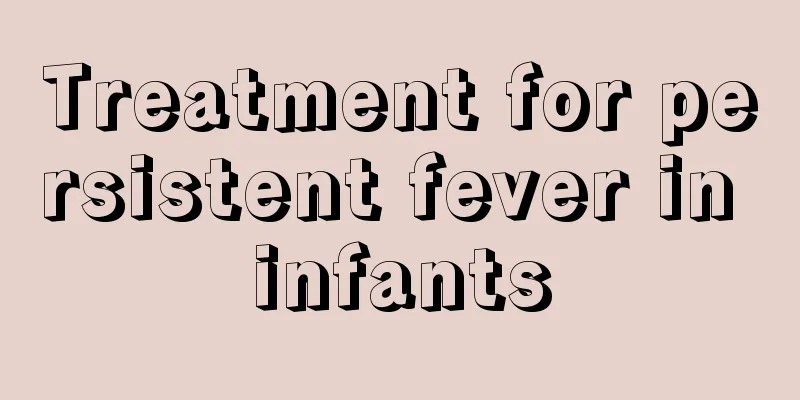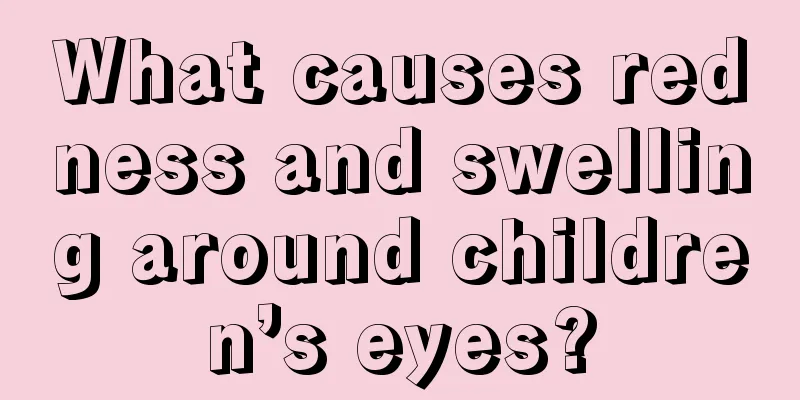Children with rhinitis and runny nose

|
Because children have low body resistance, they are very susceptible to viral infection and thus develop certain diseases. Rhinitis is very common in children. Rhinitis can cause many adverse reactions in children, and runny nose is the most common one. In the face of runny nose, some measures need to be taken in time to deal with it, otherwise it may cause more serious situations. The following is a detailed introduction on what to do if a child has rhinitis and runny nose. When your baby has a runny nose and is slightly feverish, but in good spirits and has no worries about eating and drinking, you can observe him at home, ensure he gets enough rest and water, and don't rush to the hospital. When the clear nasal discharge turns into yellow or green nasal discharge, if the baby no longer has a fever or the fever has improved, it is more likely to be a viral cold, which can usually heal on its own. Continue to observe at home; but if the fever becomes more severe and the baby is not in good spirits, you need to go to the hospital. If your baby has a runny nose and coughs every time he touches flowers or plants, or has such symptoms every time he goes to a certain place or room, but gets better when he leaves the environment, it is likely that he has allergies. Babies should avoid contact with these environments and go to the hospital for examination. If your baby occasionally has pink or red snot, don't worry too much. Just keep the baby moisturized indoors and don't let him pick his nose. When your baby has brown or black snot, pay attention to the environment in which the baby moves. Try not to go outdoors on foggy days, and stay indoors where the air purification effect is better. Make sure your baby is not exposed to second-hand smoke or third-hand smoke. Parents must resolutely refrain from smoking indoors, regardless of whether the baby is present or not, because the smoke and dust deposited on the sofa and bed will take a long time to dissipate, which has a great impact on the baby. Notice The above are all care methods in addition to routine diagnosis and treatment after the baby has a runny nose. If your baby has a fever, cough, etc. at the same time, please seek medical attention in time; and the color of the runny nose can only help mothers make a preliminary judgment on the child's condition. If the child has any discomfort, see a doctor in time. |
<<: How to quickly eliminate flatulence in children
>>: Sinusitis in children causing cough
Recommend
How to treat a child's hunchback?
For children, they are in a period of happy growt...
How to treat a 3-year-old child with a fever of 38 degrees
When a 3-year-old child has a fever of 38 degrees...
What should I do if my baby's butt cracks
Babies are very likely to get hurt if they are no...
Why do babies love to yawn?
Everyone knows that babies need much more sleep t...
White spots on the child's face
White spots are usually what we call vitiligo. So...
How to educate children who bite others
Children do not need to have self-discipline and ...
Why is there foam in baby's poop?
Nowadays people are very concerned about the heal...
What to do if a child has a fever at night
Generally speaking, children are most likely to h...
How to feed babies scientifically
After the baby is born, every parent hopes that t...
What are some quick ways to stop cough in children?
If children cough, it is actually very bad for th...
What to do if your baby has inverted nipples
When you have a baby, you will want to always pay...
What to do if children have too much body hair
Excessive body hair is very common in adults, but...
What are the developmental indicators of a five and a half month old baby?
After the baby is born, the development standards...
What to do if your newborn has milk rash
Neonatal milk rash is a common disease in infants...
What is the cause of appendicitis in children?
Nowadays, many children suffer from appendicitis....









